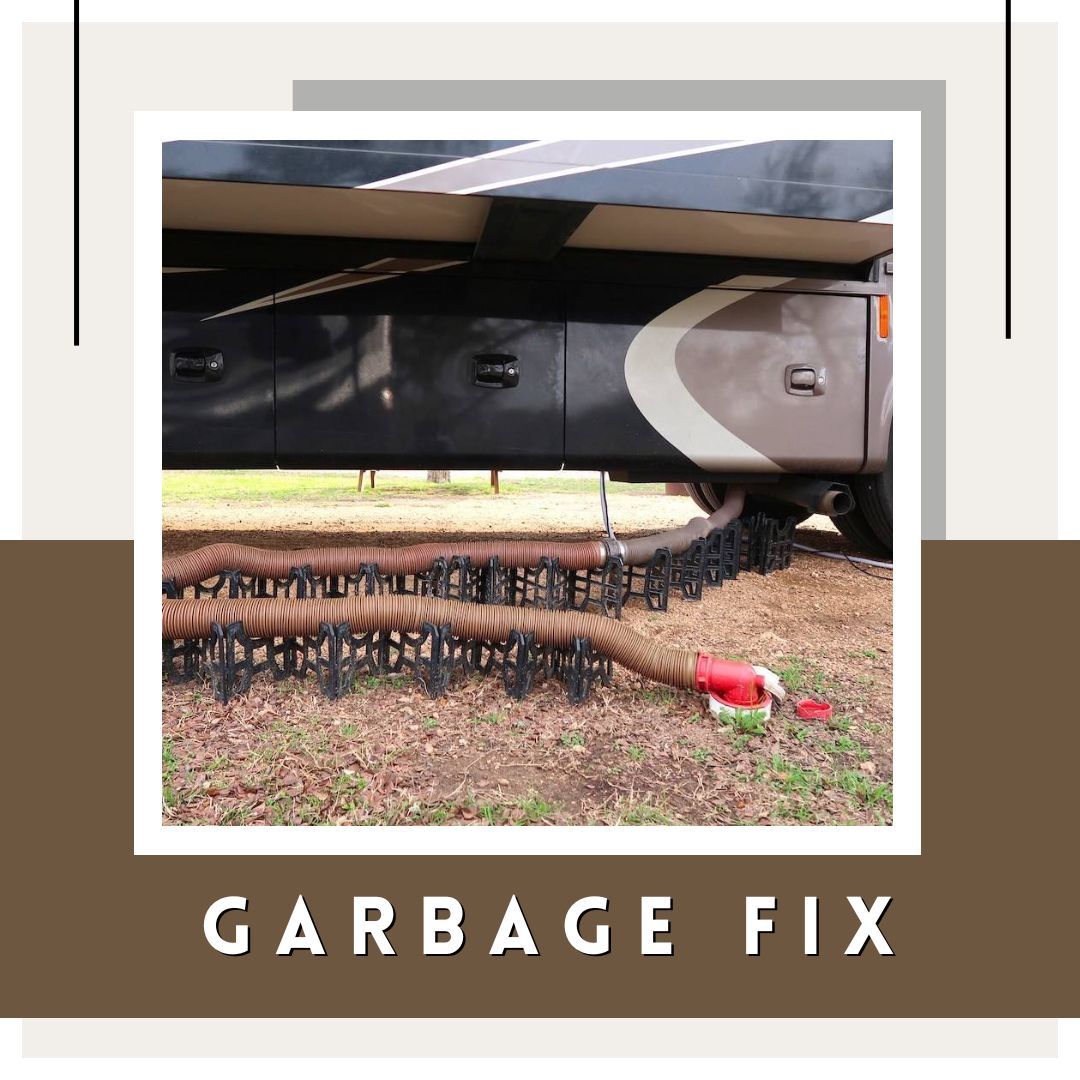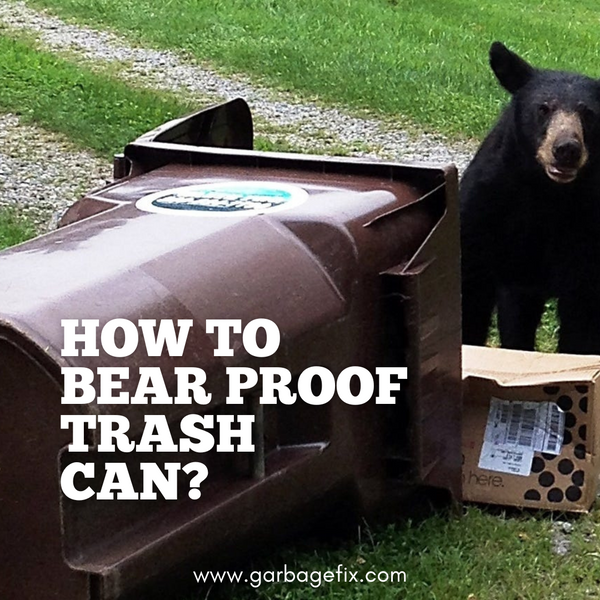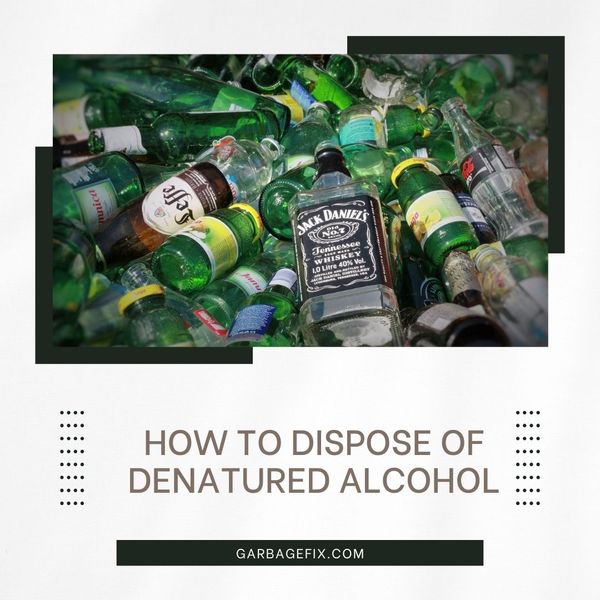Dumping your RV waste is easy and can be done right home with a few common household tools.
In this blog, we will go over how to dump RV waste at home properly and easily.
How To Dump RV Waste At Home? - Step By Step Guide
For many people, RVing is a way of life.
But even the most diehard RVers have to come home sometime.
Dumping your RV’s waste can be messy and unpleasant, but it is a necessary evil.
If you are new to the RV world, you may be worried about how to dump your RV’s waste properly.
Buy A Sewer Attachment
Ensure the sewer attachment fits your RV, and check the attachment size before buying it.
Some attachments are universal, and some are not.
Attach The Sewer Attachment
Then, it is time to attach your sewer attachment, which is a very simple process and should not take more than 30 minutes.
If it is not attached properly, you can get fined by city inspectors and lose points on your license plate renewal application.
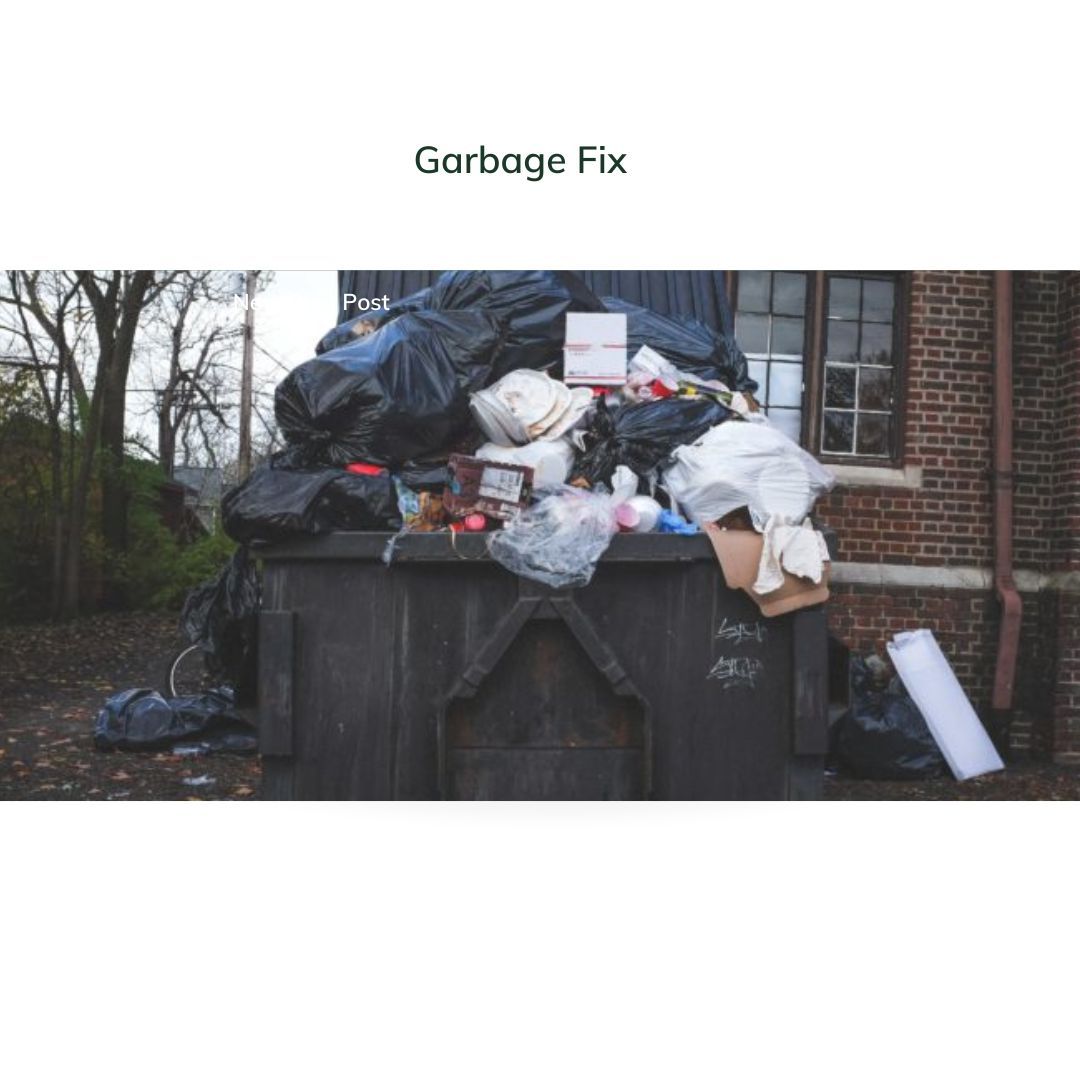
Connect The Sewer Attachment To Your RV
Next, you will need to connect your sewer hose to the RV.
It is typically done by connecting it directly into one of two places, either at the back of your truck or at its tailpipe.
If you have an outdoor shower, you can do this by attaching a short length of hose from inside the shower room and then running it out through an opening in your side wall that is big enough for water flow.
If not using an outdoor shower, simply use whatever method is best for storing garbage bags until needed.
Preparing To Dump The RV Waste
Make sure the hose is clear of kinks.
If your RV has a high-pressure water system and you have to turn off your water pump, turn off the main or shutoff valve that controls all of your plumbing at once.
It is usually located on the wall near where you park.
Make sure it is not twisted or kinked.
If your hose has been bent or twisted during use, it will not flow when connected to its destination. Instead, pressure builds up inside, causing leaks everywhere.
Check for pinched areas on both ends of the hose before using it again so that no further damage occurs during transportation and possibly while dumping.
Drain Your Black Water Tank
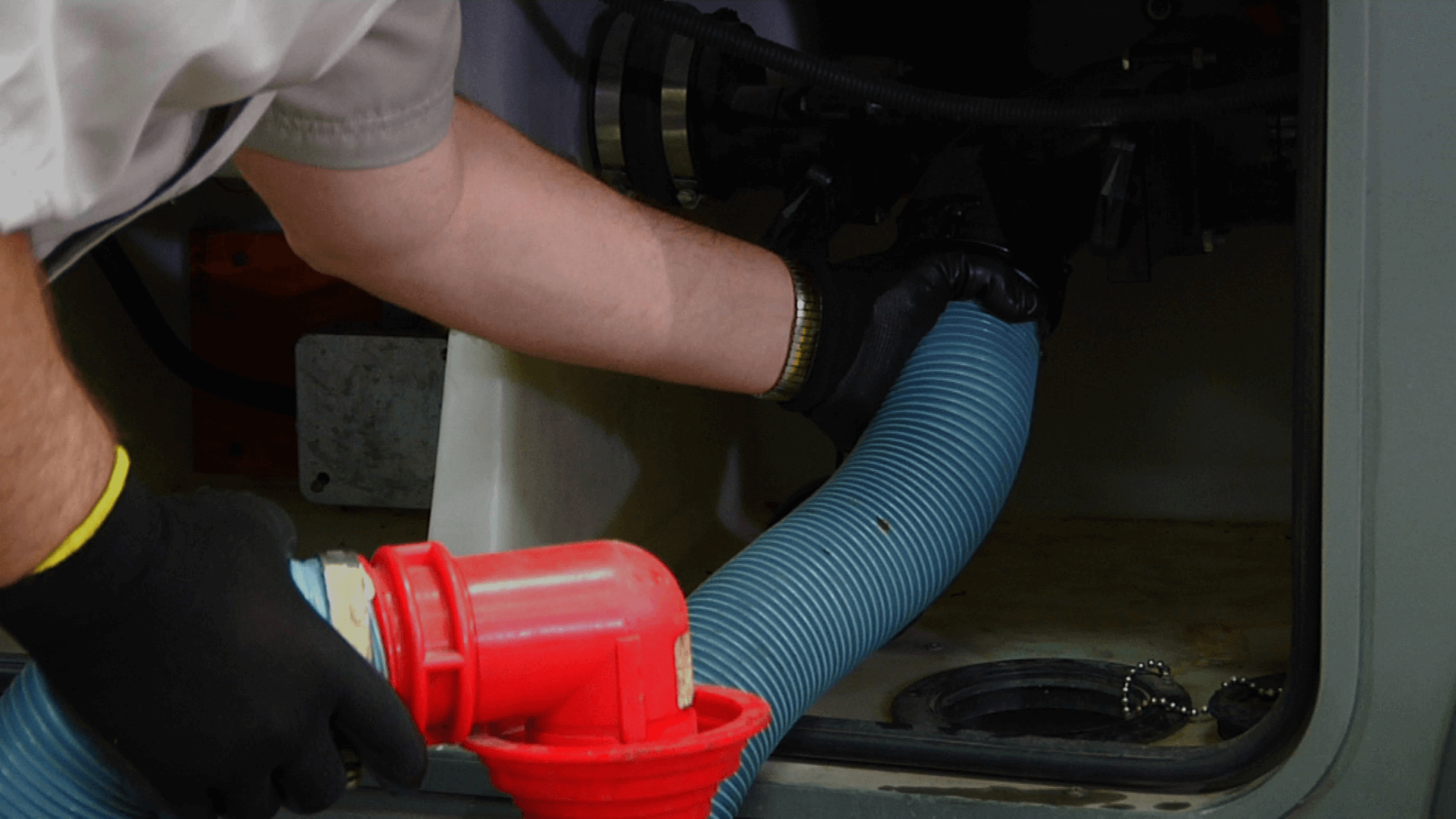
- Remove any debris from inside the tank using a hose or broom.
- Wipe each valve with soap and water before washing them thoroughly with dish detergent and hot water.
You will need to drain this tank again.
- Use a brush or soft rag to scrub away corrosion from fittings on hoses attached to the interior walls of your RV's black water tank.
Drain Your Gray Water Tank
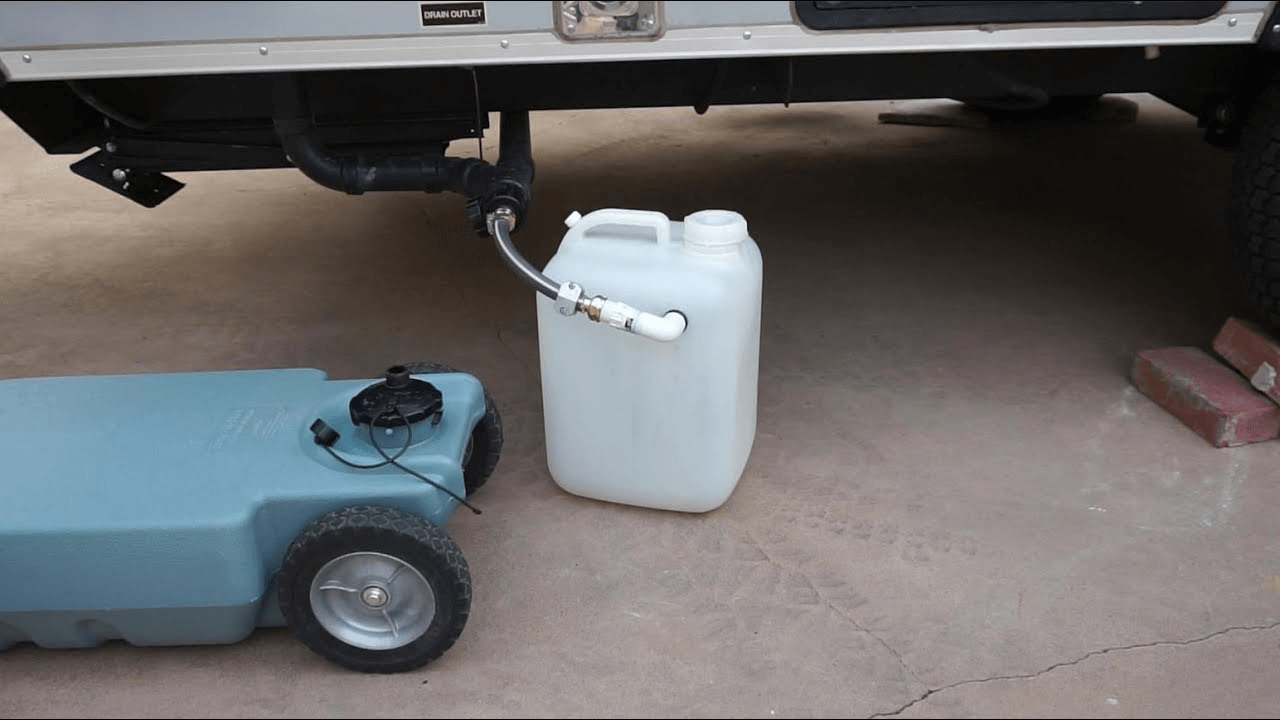
Gray water is wastewater from showers, sinks, and washing machines.
It can be used to irrigate plants in your yard or garden but must not be used for drinking as it may contain bacteria and viruses that could make you sick if consumed.
You should empty your gray water tank before you dump the RV waste.
It will ensure that the RV waste does not leak into the ground and contaminate water supplies.
Flush The Sewer Hose One Final Time
When you are ready to flush the hose, use a hose to do so.
It will ensure that all the waste flows into your sewer line without clogs or resistance from your drainpipe.
Clean Up The Mess
Put away your sewer hose, and drain valve caps and flush the water hose.
Put all of these items in their proper place.
Do not forget to clean up any messes you make.
It does not take long for a clogged toilet or sink to turn into an eyesore when trying to eliminate waste from an RV.
Do not leave tools like grinder blades that could be dangerous if someone trips over them while walking around the yard.
It Is Best To Be Prepared Beforehand
Dumping RV waste is not too difficult once you get the hang of it, but it is best to be prepared beforehand so you do not run into any issues during the process.
Dumping RV waste at home is a great way to save time and money.
If you are planning on dumping your black or gray water tank in your yard or driveway, consider installing a sewer hose attachment onto your RV.
This way, when you are ready to dump them and all of their contents, there is no need for extra equipment like buckets or barrels.
You will also need to ensure that these items are not wet after emptying because they can become moldy if left damp for too long.
Taking Care Of Your Septic System
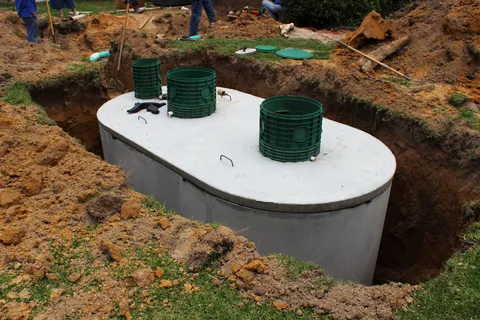
If you have a septic system installed at your home, you likely must deal with RV waste regularly.
A septic system is a big responsibility; if you do not take care of it properly, it can cause many problems.
Is It Legal To Dump RV Waste At Home?
The short answer is yes, it is legal to dump RV waste at home.
The long answer is: only if you are careful.
The legalities of dumping RV waste in your yard depend on where you live and what kind of waste you are dumping.
You can not just drive up to the curb and dump any old trash, even if you are in a rural area or have plenty of space in your yard.
If you live in an urban setting, the law says that any vehicle with a gross weight of more than 8,000 pounds during the previous calendar year must be registered with the state Department of Motor Vehicles (DMV).
If your vehicle weighs more than 8,000 pounds and has not been registered yet, it probably needs to be before dumping it on your lawn.
You also need to register your vehicle with the DMV if it is over ten years old or has an engine longer than six years old.
Summing Up
And there you have it.
Dumping your RV waste at home can be a little hassle, but it is quite simple once you have everything set up and ready to go.
The best thing about dumping your RV waste at home is that you do not have to worry about dealing with any strange smells or other unpleasant byproducts of the process.
If something goes wrong during this process, we suggest calling for help from an experienced plumbing professional who knows what they are doing.


